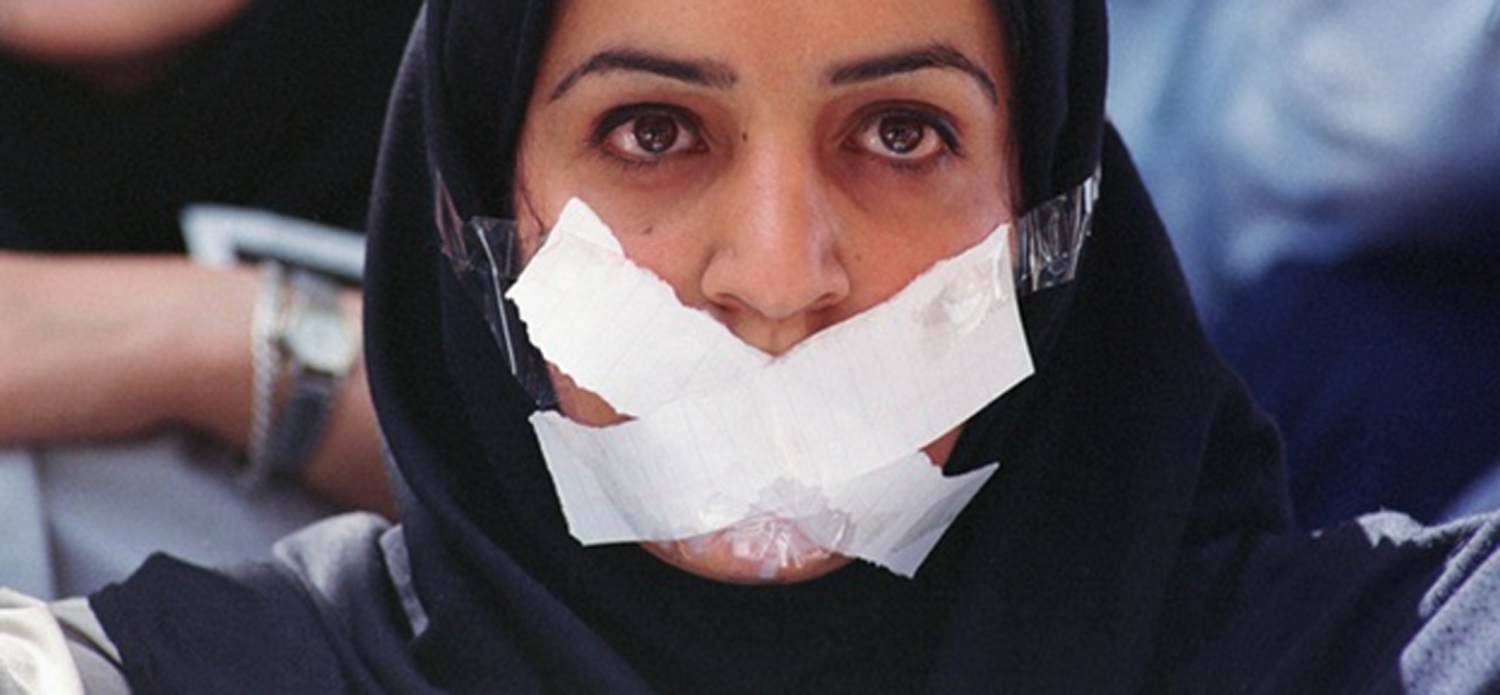Reporters Without Borders – February 13, 2018

RSF has tallied abuses since Mohammad Khatami became president in 1997. At least 350 media outlets have been closed, more than 800 journalists and citizen-journalists have been detained and interrogated and around 500 of them have been given prison sentences ranging from three months to 19 years. All have been denied their rights. Millions of Internet pages of freely and independently reported news and information have been censored.
In what Supreme Leader Ali Khamenei calls “the freest country in the world,” no independent media has survived the past 39 years of police and judicial harassment. Since 2000, Khamenei has waged a merciless war against the emergent reformist press, calling it the “operational base of foreign enemies within the country.”
Despite having resisted, the pro-reform media have been losing the resources they need to cover developments freely and independently. And to tighten control and censorship even more, a newly proposed law will turn journalists into civil servants who will get their press cards directly from the Ministry of Culture and Islamic Guidance.
Other foreign news agencies in Iran are closely watched and harassed. A former Tehran-based AFP reporter said: “The regime exercises its control by placing journalists within the agency who can tell the authorities what’s going on there, or by threatening the foreign journalists who don’t accept the censor’s rules. There have been several cases of journalists who have even been accused of indecent behaviour and have been threatened with imprisonment.”
Since 28 March 2012, when the Iranian authorities withdrew the accreditation of the Reuters journalists in Tehran for “propaganda against the government,” Reuters has had no bureau in Iran. As a result, Reuters nowadays often covers Iranian news more freely than the agencies that still have a bureau there, which have to censor themselves to avoid losing their accreditation or to avoid harassment or even prosecution in Iran.
On condition of anonymity, a dual national journalist with an international media outlet told RSF: “Two days after I applied to the Ministry of Culture and Islamic Guidance for accreditation, I received a call to discuss my situation. They asked me to go to a hotel. I asked who I was talking to, knowing full well it was the brothers from intelligence. Two men were waiting for me there. Very politely, they made it clear that I should not cross the red lines, which are covering Khamenei or the opposition and, in general, showing ‘the decline in the situation.’ Sometimes they sent me phrases to insert in my articles. For them, neutrality and balance meant censorship. I cooperated during the two years I was in Iran.”
According the information obtained by RSF, several journalists who received visas and are currently in Iran have been prevented for moving about freely in the capital. In particular, they have been prevented from covering protests and from contacting government opponents or the families of political prisoners. (Reporters Without Borders)
https://rsf.org/en/news/revolution-anniversary-39-years-news-control-and-censorship-iran
